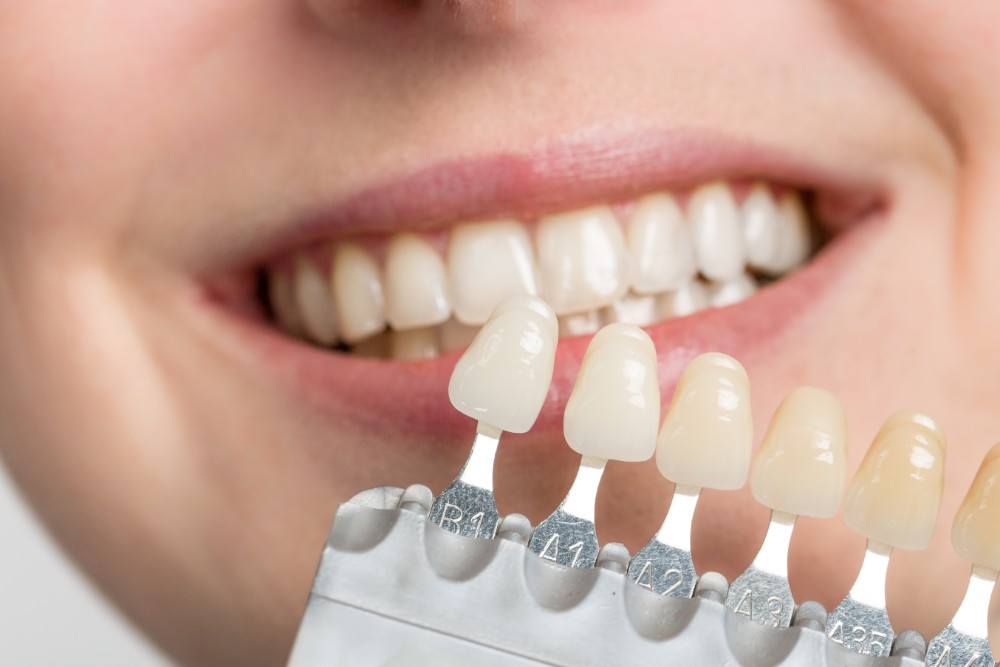What is Composite Resin Bonding?
Composite resin bonding is a popular cosmetic dental procedure designed to improve the appearance of teeth by repairing chips, cracks, discoloration, or gaps. This minimally invasive treatment involves the application of a tooth-colored resin material that is shaped, hardened, and polished to match the natural teeth. It is an ideal solution for individuals seeking an affordable and quick way to enhance their smiles.
Benefits of Composite Resin Bonding
Composite resin bonding offers several advantages, making it a preferred choice for patients and dentists alike:
- Aesthetic Appeal: The resin is available in various shades to blend seamlessly with your natural teeth, providing a flawless finish.
- Minimally Invasive: Unlike other dental procedures, bonding requires minimal removal of tooth enamel, preserving the natural tooth structure.
- Quick Procedure: Most bonding treatments can be completed in a single visit, typically lasting 30 minutes to an hour per tooth.
- Cost-Effective: Composite bonding is significantly more affordable compared to alternatives like veneers or crowns.
- Reversible: Since the procedure involves minimal alteration to the natural tooth, it is considered reversible if you decide on other treatments later.
Uses of Composite Resin Bonding
This versatile dental procedure addresses a wide range of cosmetic and functional concerns:
- Repairing Chips and Cracks: Restores the integrity of damaged teeth, preventing further deterioration.
- Closing Gaps: Fills spaces between teeth for a more uniform smile.
- Improving Discoloration: Covers stains that are resistant to traditional whitening treatments.
- Reshaping Teeth: Alters the size and shape of teeth for better alignment and aesthetics.
- Protecting Exposed Roots: Covers areas exposed due to gum recession, reducing sensitivity.
The Procedure: What to Expect
Understanding the steps involved in composite resin bonding can help you feel more confident about the procedure:
- Consultation: During the initial visit, your dentist will evaluate your oral health and discuss your cosmetic goals to determine if bonding is the right solution for you.
- Preparation: The tooth surface is roughened, and a conditioning liquid is applied to enhance the adhesion of the resin.
- Application: The dentist applies the composite resin, molds it to the desired shape, and matches the color to your natural teeth.
- Curing: A special ultraviolet light is used to harden the resin material.
- Finishing Touches: The bonded tooth is polished to ensure it blends seamlessly with the surrounding teeth.
Maintenance and Care
To maintain the longevity of composite resin bonding, follow these simple tips:
- Practice Good Oral Hygiene: Brush twice a day and floss daily to prevent plaque buildup.
- Avoid Staining Foods and Drinks: Limit consumption of coffee, tea, red wine, and tobacco to keep the bonded material stain-free.
- Regular Dental Checkups: Visit your dentist every six months for cleanings and to monitor the condition of the bonding.
- Avoid Hard Foods: Chewing on hard objects or foods can chip the bonding material.
- Wear a Mouthguard: Protect your teeth during sports or if you have a habit of grinding your teeth at night.
Composite Resin Bonding vs. Other Cosmetic Procedures
While composite resin bonding is a versatile and cost-effective solution, it is essential to understand how it compares to other cosmetic dental procedures:
- Veneers: Veneers are more durable and resistant to stains but require more enamel removal and are costlier.
- Crowns: Crowns provide more comprehensive coverage for severely damaged teeth but involve more invasive preparation.
- Teeth Whitening: Bonding can address discoloration, but whitening is more effective for overall teeth brightening.
Who is a Candidate for Composite Resin Bonding?
Composite resin bonding is suitable for most individuals looking to improve their smile. However, it may not be ideal for those with severe tooth damage or significant alignment issues, which may require orthodontic treatments or crowns. Your dentist can assess your needs and recommend the best course of action.
Cost of Composite Resin Bonding
The cost of composite resin bonding varies depending on factors such as the number of teeth treated and the complexity of the procedure. On average, the cost ranges from $100 to $400 per tooth. While dental insurance may cover bonding for restorative purposes, it is unlikely to cover it for purely cosmetic reasons. Check with your insurance provider for specific coverage details.
Conclusion
Composite resin bonding is a versatile, affordable, and effective cosmetic dental procedure that can enhance your smile in just one visit. Whether you need to fix a chipped tooth, close a gap, or improve discoloration, this minimally invasive treatment offers impressive results with minimal downtime. To determine if composite resin bonding is right for you, consult with your dentist and take the first step towards achieving the smile you’ve always wanted.




.png)

Comments